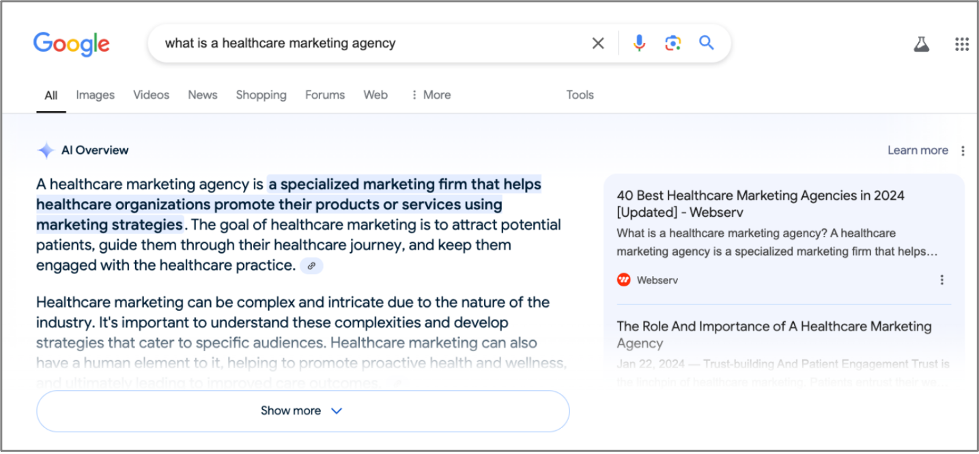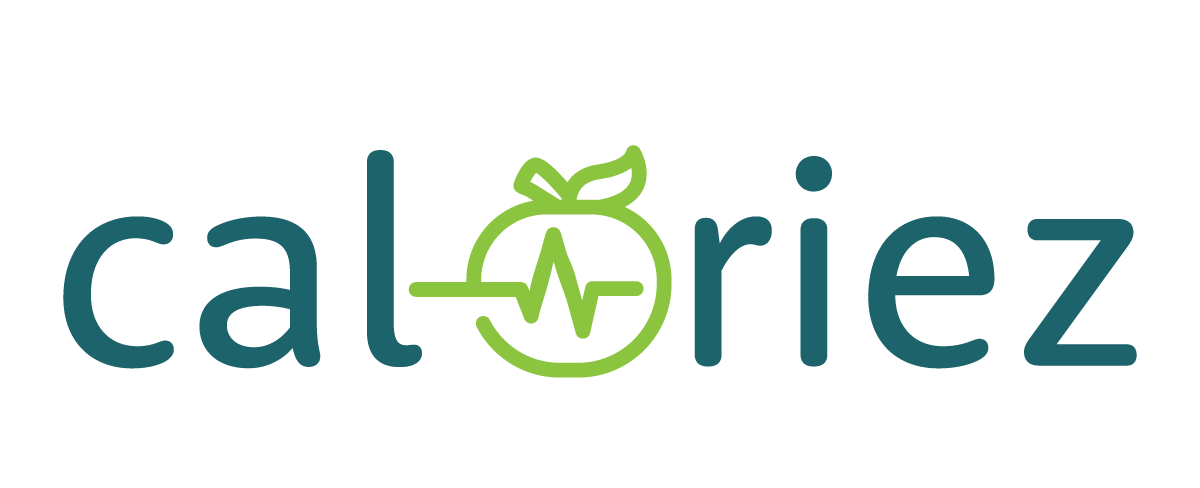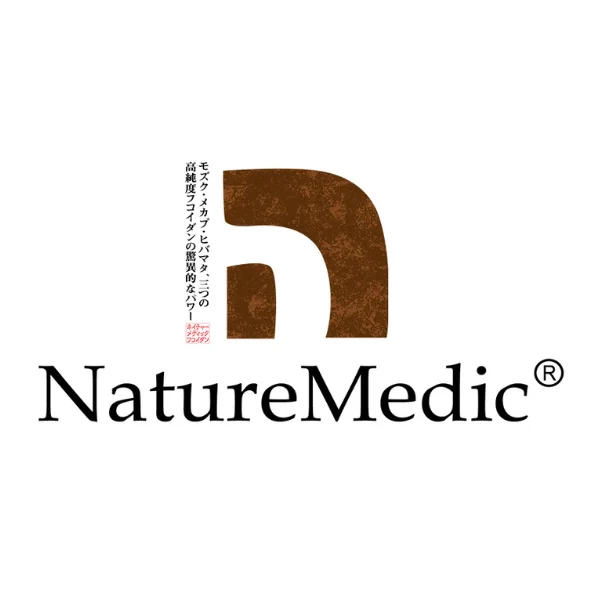Search expertise has developed drastically lately.
“Cease speaking about key phrases, begin speaking about queries,” I mentioned in a gathering.
What began as easy key phrase matching has remodeled into a fancy, AI-driven system, considerably impacting how we strategy digital advertising and website positioning.
On this two-part collection, I discover the evolution of natural and paid search, talk about its impression in your website positioning technique, and share how your healthcare group can navigate these adjustments to boost on-line visibility and stay aggressive.
First, let’s evaluation the evolution of search and its impression on website positioning.
The First Wave: Key phrase-Targeted Search
Keep in mind whenever you typed a easy question into Google and obtained outcomes that matched the precise phrases you used?
That was the early days of search and is aptly known as “actual match.” It relied on fundamental key phrase matching to rank web sites, resulting in a pandemic of key phrase stuffing and link-building website positioning techniques that are actually thought of “black hat” or unethical.
Google’s Panda and Penguin algorithm updates helped suppress and penalize overoptimized pages that used these practices. As companies acclimated to those adjustments, an insurance coverage agency, for instance, may need had a web page for “auto insurance coverage” and one other for “automotive insurance coverage” to make sure they weren’t dropping search site visitors.
As search expertise progressed, advertisers gained the flexibility to achieve a broader viewers via extra versatile concentrating on strategies:
- Phrase match
This strategy is extra versatile than actual match, permitting serps to show paid advertisements that comprise the essence of your key phrase, balancing attain and relevance. - Broad match
This match kind returns paid outcomes that embody phrase match outcomes and their associated phrases. That is the default match kind in Google Adverts, serving to your advertisements attain a wider viewers with out requiring an in depth key phrase checklist. - DSA and Pmax
Dynamic Search Adverts (DSA) and Efficiency Max (Pmax) are superior match varieties that prioritize your advertisements based mostly on how effectively they match a question. These marketing campaign varieties leverage machine studying and automation to generate headlines, optimize efficiency, and allocate funds throughout a number of channels.
This evolution displays a broader development towards understanding person intent and habits as an alternative of simply key phrase matching.
The Rising Tide: Superior Search Algorithms
With Google’s Hummingbird replace, serps started greedy the which means and context of queries (not simply the person phrases) utilizing entities and information graphs.
Entities assist resolve ambiguities in search by offering context and information graphs to arrange knowledge into factual relationships. These methods assist serps perceive question intent, resulting in extra correct and related search outcomes.
The phrase ‘financial institution’ can have a number of meanings and capabilities. I can financial institution a nook, stroll by a riverbank, or take my cash to a financial institution. Entities enable us to see the time period, perceive which phrases are associated to it, and the context wherein it’s getting used—eliminating ambiguity and, due to this fact, irrelevant search outcomes.
One other instance is folks asking direct questions into search, coinciding with the rise of voice search. One instance supplied in analyses by our website positioning colleagues on the time was, “Who’s the richest man on this planet?”—which, as a question, is damaged down into a number of elements. “Who” expects an individual because of this, whereas “richest man” is a property of that individual.
One different set of examples contains POTUS, President of the US, President [Name], and Commander in Chief—all of which consult with the identical workplace and the workplace holder. Google and Bing would acknowledge these queries as belonging to the identical “entity”—a factor, not a string.
Right here’s what we noticed because of this:
- Synonym collapse
As a substitute of simply on the lookout for actual key phrase matches, entities enable serps to acknowledge synonyms and associated phrases (e.g., automotive insurance coverage and auto insurance coverage), increasing your content material’s attain. - Word2Vec and Phrase embeddings
These strategies remodeled how serps work by shifting previous conventional key phrase matching strategies, like BM25 (Greatest Matching 25). As a substitute of simply particular person phrases alone, serps now view them as a part of an even bigger dialog, nearly like a community of linked concepts. This helps serps perceive how phrases and ideas are associated, resulting in extra related and significant outcomes.
This shift—from keyword-based to language-based or semantic search—emphasised high-quality content material, person expertise, and authority, which means search outcomes are extra related and aligned with person intent. Folks have been asking questions in a extra human approach, with extra direct questions being requested, even in a sequence: “Who’s the President of the US?” adopted by “Who’s his spouse?” adopted by “The place did she go to school?” and so forth.
The Swell: Cell Dominance and Voice and Visible Search
As search expertise superior and extra customers searched on the go, serps prioritized mobile-friendly web sites and tailored to deal with extra than simply typed queries. Right here’s what modified:
- Voice search
Entities and semantic search enable serps to know spoken language and acknowledge question varieties (even when spoken naturally) with out requiring actual key phrases. This shift makes looking out extra intuitive and conversational. In consequence, folks began asking questions like, “Hey Google, what’s the minimal inner temperature for turkey?” - Visible search
Instruments like Google Lens enable serps to investigate and interpret pictures, determine objects, and supply related details about them. Search by picture, circle to go looking, and video search is shut at hand.
In a nutshell, voice and visible search basically modified how folks work together with serps. Rising from this are new methods of querying info whatever the medium, responding to the individuality of the context of the seeker, and demanding a personalised expertise.
The Surge: AI and Personalization
AI-generated responses now dominate Google’s search engine outcomes pages (SERPs), and apps like Google Uncover make looking out a completely personalised expertise.
Google Uncover
Google Uncover is predicated much less in your queries of ‘now’ however in your prior search historical past, subjects you are inclined to learn, information sources, and normal pursuits. It was nearly as if Google was saying, “Right here, we discovered this for you. You didn’t even have to go looking.” Collectively, these ship a loud and clear name to motion to website positioning and content material strategists— “Cease speaking about key phrases; begin speaking about queries.”
Not like conventional queries, Google Uncover curates content material based mostly on cellular search historical past and on-line habits, providing companies a singular alternative to have interaction with potential sufferers earlier than they actively seek for services.
Google AI Overviews
To remain related and visual, you need to concentrate on creating high-quality, useful content material—not content material that’s simply optimized for serps.
Your content material have to be findable, clear, linked, and human to resonate along with your target market.
Google’s new AI-driven overviews lean into this sentiment by prioritizing helpful, well-crafted content material (although there have been some notable blunders).
Applied sciences like MuM (Multitask Unified Mannequin), PaLM (Pathways Language Mannequin), and enormous language fashions like Gemini (beforehand Bard) assist serps course of and perceive various kinds of info—whether or not it’s written content material, pictures, audio, or movies—all based mostly on a single question to immediate the knowledge retrieval.

AI overviews may tailor outcomes by analyzing person habits, search historical past, and preferences. This implies serps can now deal with extra complicated, question-based queries than ever earlier than, giving your customers entry to extra correct, related, and useful search outcomes based mostly on their newest interactions.
What This Means for Your Enterprise
This shift from a keyword-centric strategy to a extra refined understanding of person intent, context, chain of thought reasoning, and preferences calls for new methods for:
- Search engine marketing (website positioning)
You have to optimize for semantic search (e.g., context and person intent), voice and visible search. Your website positioning methods should prioritize beneficial, related, well timed, and interesting topic-focused content material that aligns with person intent and AI’s means to know it. Key phrases do nonetheless exist, however in a broader context—it’s that context we’re optimizing towards. - Paid search (PPC)
Your campaigns should adapt to broader match varieties, concentrate on advert copy relevance, and use AI-powered instruments for optimization. They have to concentrate on precision, effectivity, and automatic customization to enhance efficiency and ROI. - Content material creation
Your content material should concentrate on person intent, pure language, and visible components. It should additionally ship extremely personalised experiences that resonate with goal audiences to drive greater engagement. Consider the phrases in your content material as “folks” inside a social community. What are they connected to, who’re they pals with, and what different phrases or contexts do they have interaction with?
What’s Subsequent for Search? Tendencies to Watch in 2025
- Extra concentrate on rising zero-click search
Immediately, AI overviews typically result in zero-click searches, the place customers get a related reply with out ever leaving the SERP. To stay aggressive, you need to optimize your website positioning technique, specializing in securing placement in featured snippets, information panels, and different SERP options. You can too improve your possibilities of being featured utilizing structured knowledge and schema markup in your web site. - Comply with-up search intent
As machine studying continues to advance, it is going to higher anticipate person wants and generate follow-up queries and solutions to maintain customers on the SERP longer. Give attention to getting your merchandise (and companies) included in Google’s database to achieve extra visibility and traction on-line. - Ranch-style website positioning
Start future-proofing your content material technique now with ranch-style website positioning. This methodology focuses on separating content material into exact, digestible, related, and high-quality items that strategically align with search intent in a human-first approach. It’s time to double down on producing the authoritative, high-value content material that establishes you as a beneficial thought chief in your market.
We hope this overview helps you higher perceive the evolution of search and its content material creation and website positioning methods.
Keep tuned for our October podcast with me, Brandon Schakola, Senior Director of website positioning Technique & Development at Healthcare Success. In it, we are going to dive deeper into these adjustments and how one can navigate them to boost your on-line visibility and keep aggressive into the longer term.




